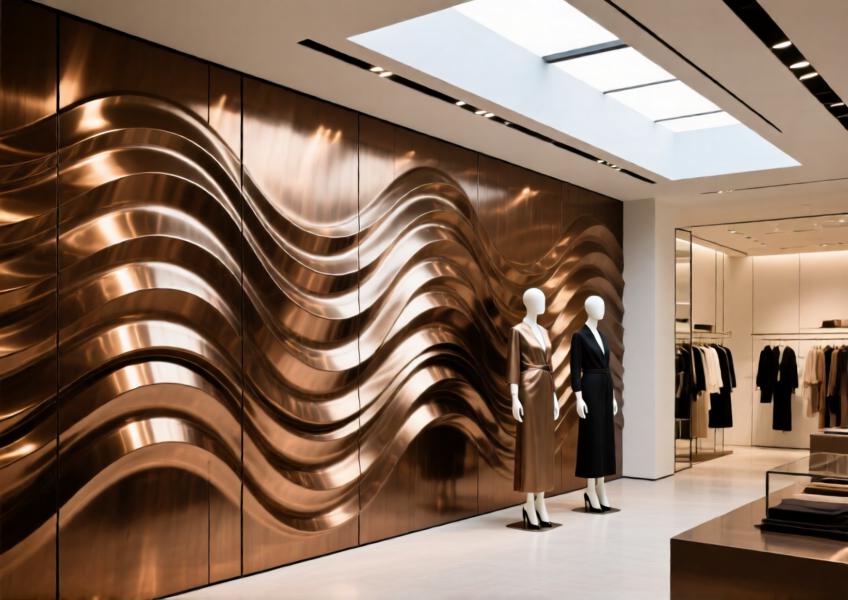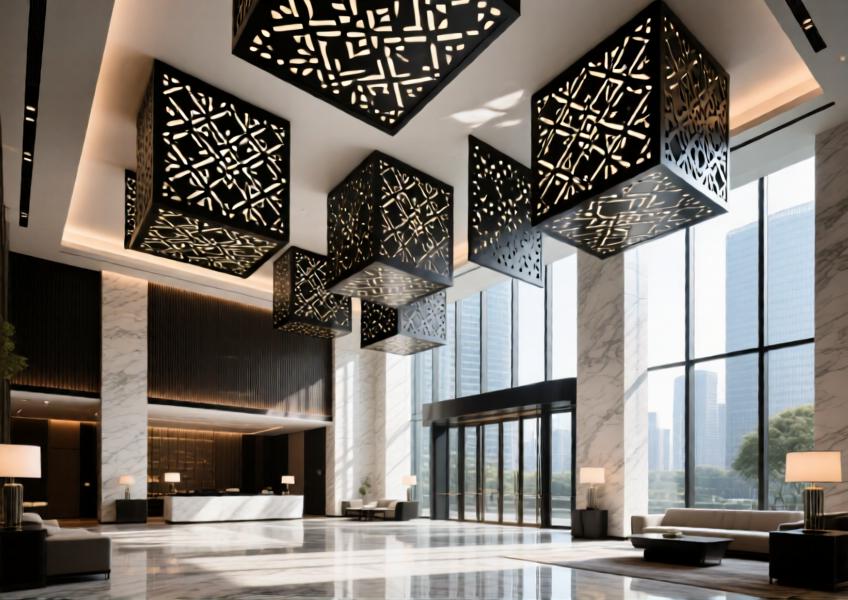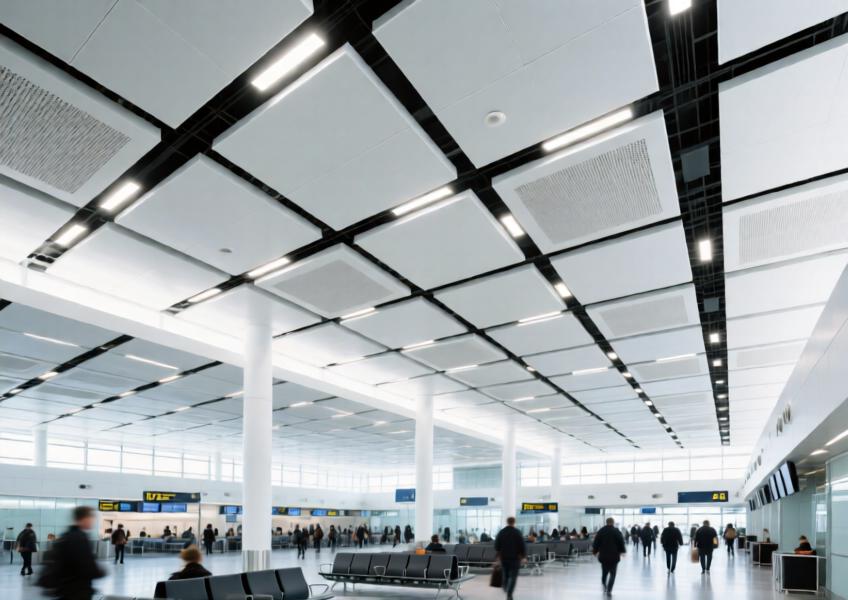

In the evolving world of architectural design, the fusion of functionality and aesthetics has become more critical than ever. Aluminum curtain walls, aluminum ceilings, and aluminum decorative materials are at the forefront of this transformation, offering architects and interior designers unparalleled versatility and visual appeal. These materials are not just structural elements—they are integral to creating spaces that inspire and endure.
One of the most striking applications of aluminum in modern design is found in decorative wall and ceiling panels. These panels are engineered to elevate both commercial and residential interiors, combining lightweight durability with sophisticated finishes. Whether it's a sleek office lobby or a vibrant retail environment, decorative wall and ceiling panels bring texture, depth, and a contemporary edge to any setting.

Aluminum curtain walls, for instance, have revolutionized building exteriors by enabling expansive glass facades that maximize natural light while maintaining structural integrity. But their interior counterparts—decorative wall and ceiling panels—are equally transformative. Available in a range of patterns, colors, and surface treatments, they allow for endless customization. A luxury hotel in Shanghai recently employed perforated aluminum panels with an intricate geometric design, creating a dynamic interplay of light and shadow that enhances the spatial experience.

Beyond aesthetics, these panels offer practical advantages. Aluminum is inherently resistant to corrosion, fire, and weathering, making it ideal for both high-traffic and moisture-prone areas. In a bustling airport terminal, for example, aluminum ceiling panels provide not only a clean, modern look but also acoustic performance that reduces ambient noise.

The adaptability of decorative wall and ceiling panels extends to sustainability as well. Many are made from recycled content and can be fully recycled at the end of their lifecycle. As green building practices gain momentum, these materials are becoming a go-to solution for eco-conscious designers.
From minimalist lofts to grand public spaces, decorative wall and ceiling panels are redefining what's possible in architectural expression. Their ability to merge form, function, and environmental responsibility ensures they will remain a cornerstone of innovative design for years to come.